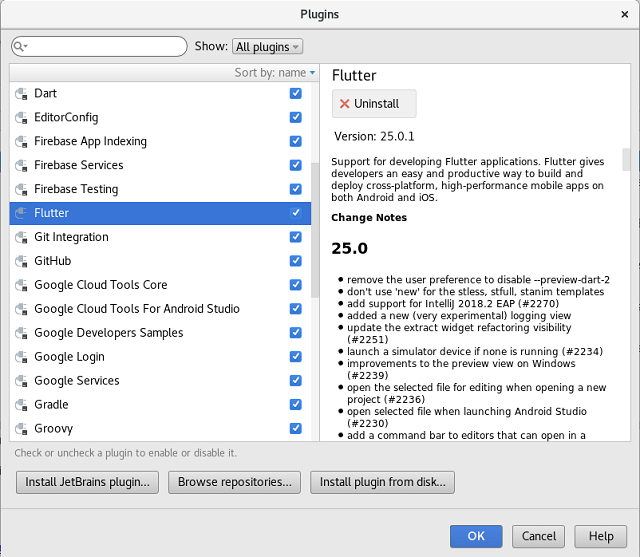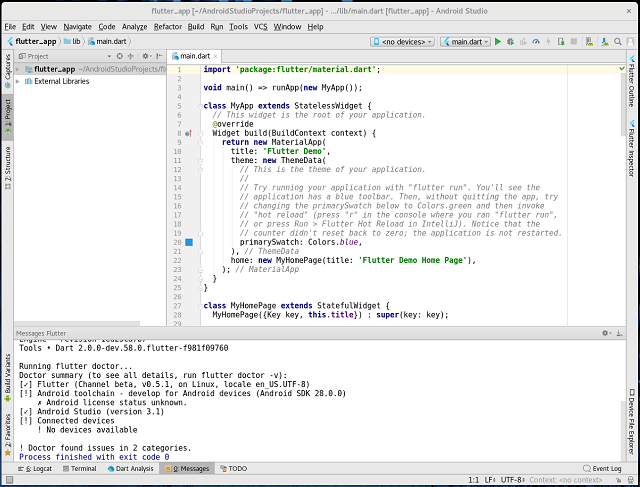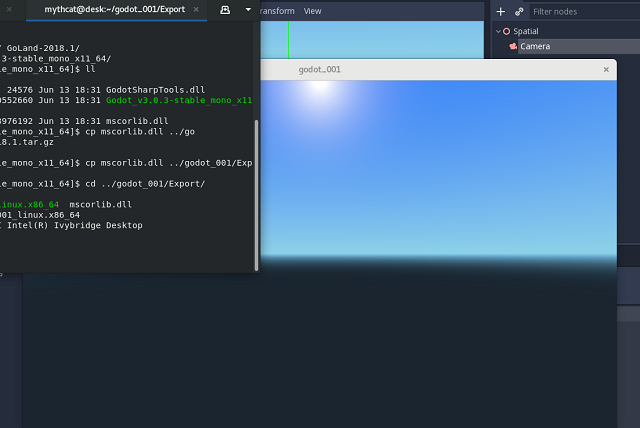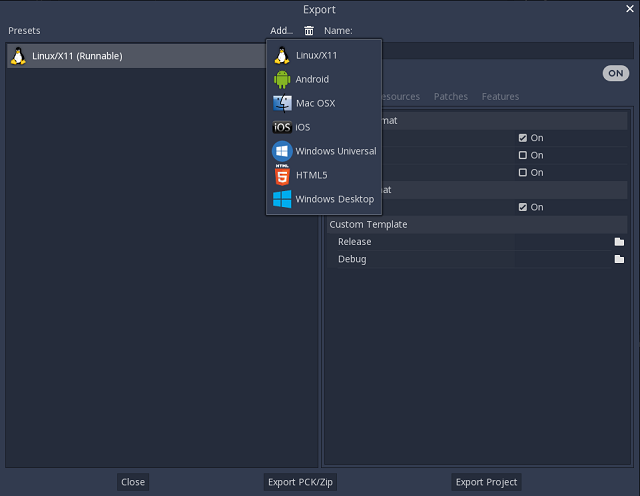This python module named sh is a full-fledged subprocess replacement for Python 2.6 - 3.5, PyPy and PyPy3 that allows you to call any program as if it were a function.
You can read bout this python module here.
I used dnf tool to search and install the pip tool :
[root@desk mythcat]# dnf search python3
Last metadata expiration check: 1:06:29 ago on Mon 25 Jun 2018 09:35:04 AM EEST.
======================== Name Exactly Matched: python3 =========================
...
python3.x86_64 : Interpreter of the Python programming language[root@desk mythcat]# dnf install python3.x86_64
Last metadata expiration check: 1:09:12 ago on Mon 25 Jun 2018 09:35:04 AM EEST.
Package python3-3.6.5-1.fc28.x86_64 is already installed, skipping.
Dependencies resolved.
Nothing to do.
Complete!
...[root@desk mythcat]# dnf search python3-pip
Last metadata expiration check: 1:15:18 ago on Mon 25 Jun 2018 09:35:04 AM EEST.
====================== Name Exactly Matched: python3-pip ======================
python3-pip.noarch : A tool for installing and managing Python3 packages
...
[root@desk mythcat]# dnf install python3-pip.noarch
Last metadata expiration check: 1:16:31 ago on Mon 25 Jun 2018 09:35:04 AM EEST.
Package python3-pip-9.0.3-2.fc28.noarch is already installed, skipping.
Dependencies resolved.
Nothing to do.
Complete!
...[root@desk mythcat]# exit
exit
...
[mythcat@desk ~]$ pip3.6 install --user sh
Requirement already satisfied: sh in /usr/lib/python3.6/site-packages[mythcat@desk ~]$ python3.6
Python 3.6.5 (default, Mar 29 2018, 18:20:46)
[GCC 8.0.1 20180317 (Red Hat 8.0.1-0.19)] on linux
Type "help", "copyright", "credits" or "license" for more information.
>>> import sh
>>> from sh import *
Traceback (most recent call last):
File "", line 1, in
File "", line 1017, in _handle_fromlist
File "/usr/lib/python3.6/site-packages/sh.py", line 3349, in __getattr__
return self.__env[name]
File "/usr/lib/python3.6/site-packages/sh.py", line 3187, in __getitem__
Please import sh or import programs individually.")
RuntimeError: Cannot import * from sh. Please import sh or import programs individually.
...
>>> print(sh.ifconfig)
/usr/sbin/ifconfig
>>> print(sh.ifconfig())
...
>>> print(sh.ls())
...
>>> print(sh.ls("-l"))
...
>>> print(sh.uptime())
11:25:03 up 1:52, 1 user, load average: 1.10, 1.04, 1.40
... 



